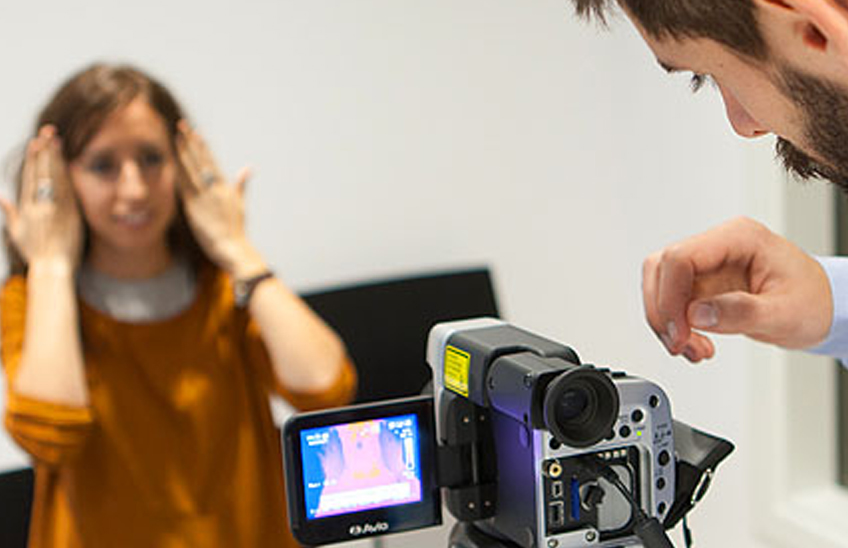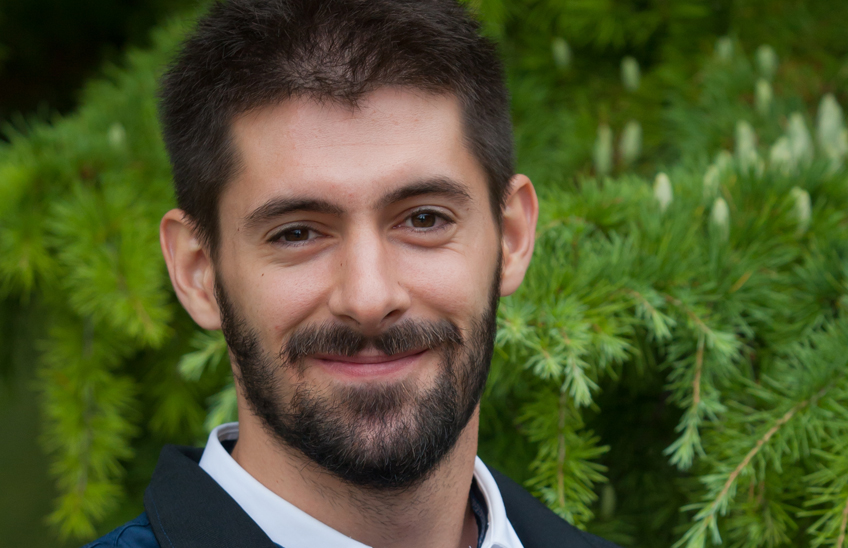Taking the temperature of frustration
University study seeks 30 volunteers to investigate frustration characteristics using a thermographic camera

PhotoManuelCastells/
23 | 11 | 2018
A study from the University of Navarra focuses on the use of thermography to delve into the characteristics of frustration. For this purpose, the staff researcher of the School from Education and Psychology is looking for about thirty volunteers between the ages of 18 and 50.
Carlos García-Roda, researcher of the University of Navarra, explains that the goal of the study is "to use thermography to observe what happens at a technical level when this emotion is experienced. This data could serve as financial aid to fill in the information we have on this emotion and further define its characteristics".
To do this, the temperature of the face will be recorded with a thermographic camera. "This subject of cameras capture infrared thermal radiation emitted by a body and apply a filtering process to them that allows the temperature of each part of the body recorded to be differentiated."
During the process, which will last approximately average hour, the person participating in the study will be confronted with various stimuli. In the first ten minutes, the process of the study will be explained in detail and data demographics and nationality will be collected, and then the recording with the thermographic camera will begin. "This is a harmless process, it is not necessary to place sensors on the skin or other instruments that require a contact with the area to be recorded," explains the researcher.
Implications for educational, sports and clinical settings
The goal of the study, according to Carlos García-Roda, is that the results allow us to observe whether there is a differentiated thermal map for this emotion, and whether the organism is mobilized in a specific way when we experience it. "These data can lead to establish real and significant differences when emotions are experienced. In this way, the concept of frustration and its possible usefulness in the practical field ( educational, sports, clinical, etc) could be better understood."
To participate in the study, the only recommendations are not to have ingested coffee, alcohol or caffeinated beverages two hours before test; not to apply lotions, creams or make-up on the recording area (in this case, the face); and not to perform intense exercise or eat large meals. Those interested should confirm their participation by e-mail: cgarcia.55@alumni.unav.es.




